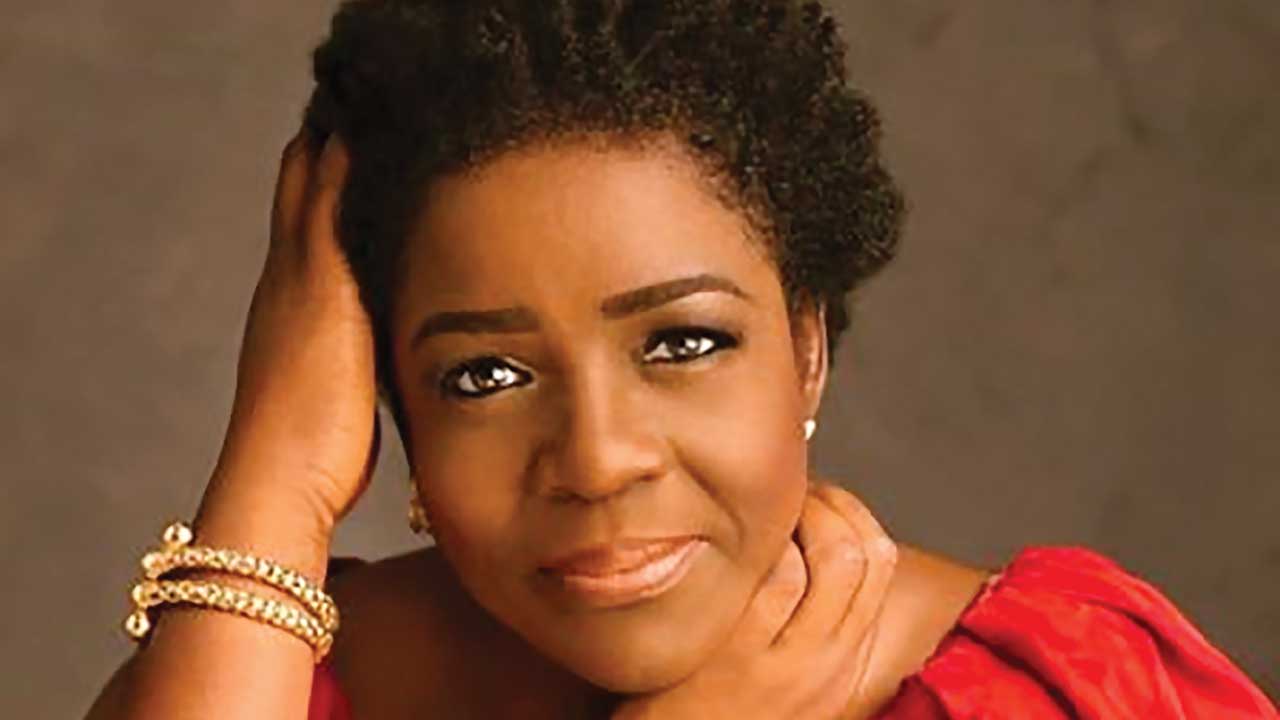In a world where African startups continue to attract international headlines for big-ticket venture capital deals, Yemi Keri, President of the African Business Angel Network (ABAN), believes the real story lies deeper, with the local angels who take the first risk on Africa’s innovators.
In a conversation on Arise News’ Global Business Report, Keri, who is also the Co-founder of Rising Tide Africa and CEO of Heckerbella Limited, unpacked the evolving dynamics of early-stage funding and why the continent must take ownership of its innovation economy.
Recent data from Nairametrics revealed that African startups raised $187 million across 39 deals as of August 2025, with South Africa accounting for 55 percent of that amount. However, Keri is quick to clarify that most of these deals fall under venture capital or mergers and acquisitions, not angel investing.
“Those numbers are encouraging, but they tell just one part of the story,” she said. “Angel investors operate at a much earlier stage, when startups are still experimenting, building prototypes, or finding product-market fit. We invest when the risk is highest, and often, our belief is what helps founders cross the line to later funding rounds.”
For Keri, this stage is what she calls the valley of death — the fragile period where a startup could either scale or collapse due to lack of capital, structure, or market validation. Angel investors, she explained, exist to give startups the bridge to survive and grow.
The face of angel investing in Africa is changing fast. Gone are the days when an investor would quietly back a friend’s idea out of goodwill. Now, structured angel networks and syndicates have emerged, curating deals, conducting due diligence, and pooling capital.
“At Rising Tide Africa, our early ticket sizes were between $1,000 and $25,000,” Keri said. “Today, we’ve seen single-ticket investments reach $500,000 and above. The difference is collaboration. Angels now invest together through clubs, syndicates, and co-investment platforms. The ecosystem has matured.”
Groups such as the Lagos Angel Network and Rising Tide Africa have become pioneers in this evolution, mentoring new investors, empowering women to participate in funding decisions, and connecting African startups to regional and global investors.
Technology has also reshaped how angels invest. “Platforms like SIFuse and AngelList allow us to source credible deals, analyze performance data, and co-invest across borders,” Keri added.
While fintech continues to dominate Africa’s startup scene, many angel investors are now sector-agnostic, driven more by purpose and impact than by hype. “Our network invests in female-led or gender-diverse startups across sectors,” Keri explained. “Fintechs are attractive because they scale fast, but other sectors like agriculture, education, and healthcare require patient capital, yet they deliver deeper social and economic impact.”
She cited examples like WADA in Tanzania, a startup that began by solving medication distribution and mobility challenges. “Today, that company generates over $6 million in annual revenue,” Keri said, “proving that impact and profit can go hand in hand.”
For Keri, the next phase of Africa’s startup revolution must be powered by African money. Her message is clear: Africa must fund Africa. “If we don’t invest in our own innovations, we can’t expect foreign investors to take the early-stage risk,” she said. “Look at companies like Flutterwave, Paystack, and Moniepoint. They all started with local angels who believed in them before global funds came in.”
This philosophy underpins ABAN’s upcoming annual conference, themed “Africa Must Fund Africa.” The event will convene investors, founders, and policymakers to discuss how African pension funds, family offices, and private investors can collaborate to drive innovation sustainably.
With the right structure, governance, and education, Keri believes the continent can mobilize billions in dormant local capital into productive, high-impact investments.
Yemi Keri represents a new wave of African investors, strategic, patient, and purpose-driven. Her leadership across multiple investment networks demonstrates a belief that the continent’s greatest opportunities lie not just in its entrepreneurs but in the courage of those willing to fund them early.
“Africa’s future,” she said, “will be built by Africans who choose to invest in it. The capital is here. We just need the courage to deploy it.”










